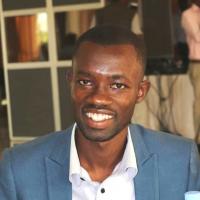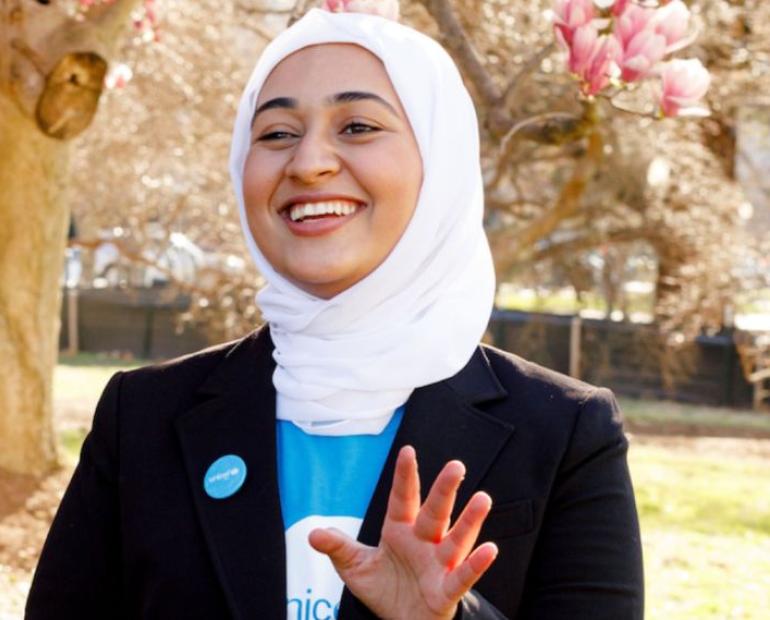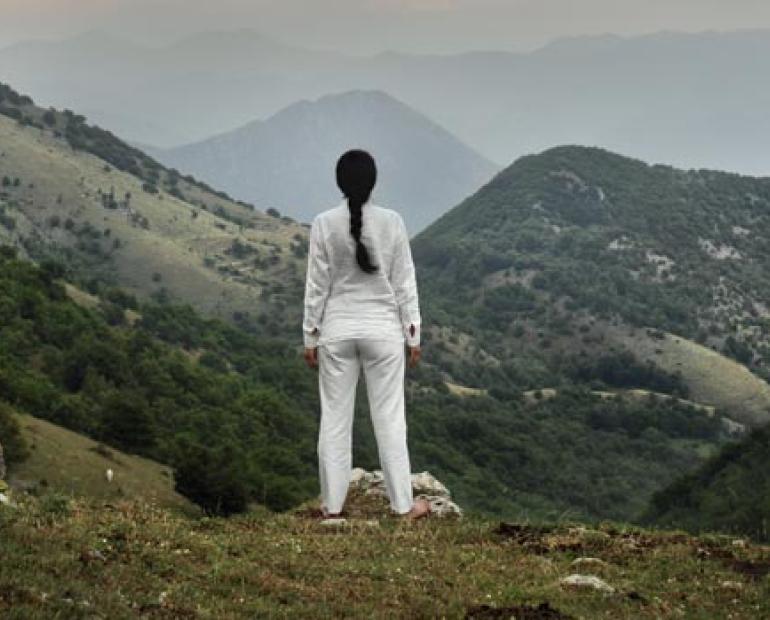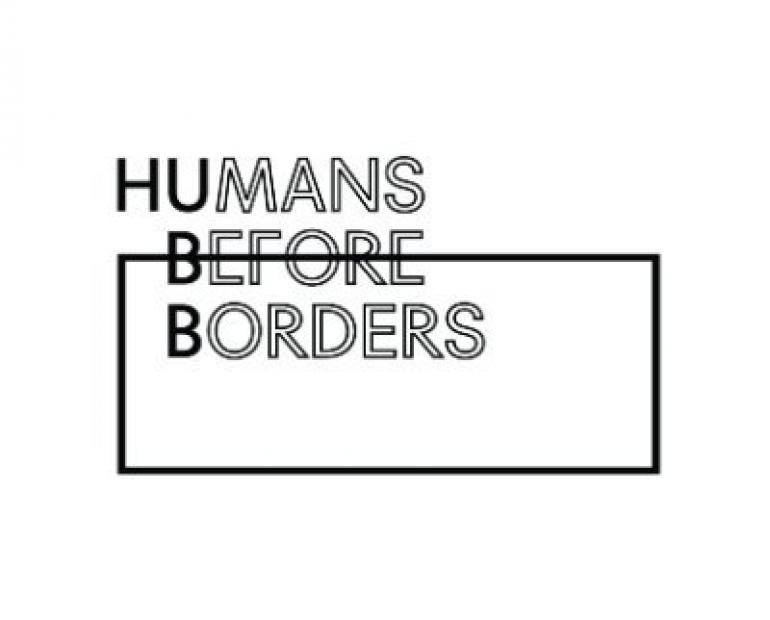
My name is Emmanuel Clifford Gyetuah, a Ghanaian, and the Internally displaced persons (IDPs) & Migration Data Focal Point for the Migration Youth and Children Platform (MYCP) at the Major Group For Children and Youth.
As part of my role, I recently led MYCP’s collaboration with UNICEF on the Talent on The Move Report, where we co-created a poll of six questions to learn about their aspirations to learn and earn and the barriers they face, and supported outreach to over 26,000 young people on the move in 119 countries, the writing of the report, as well as its launch.
One of my major highlights is the level of cooperation and teamwork exhibited by my colleagues. As an internal migrant, many of my colleagues at Migration Youth and Children Platform are like me or have similar status as either an IDP, Migrant or Refugee.
Within this constituency, I pulled together a task force of young IDPs, migrants, and host community members who are experts on the topic of ‘learning to earning’, have lived experiences, and are leaders in their communities. The teamwork was amazing and, as someone who has been at the centre of all this, it has had a deep impact on my coordination and leadership skills.
The report showcases some amazing findings including what constitute the main priorities for youth on the move -about 40% and 30% pointing to Education and Looking for a job respectively. But what is very striking for me is that only 3% of Youth On The Move faced no obstacles to learning. In other words 97% of Youth On The Move face different levels of obstacles and barriers to actually learn and earn.
The question I always ask myself is, “As a young person why do I move if not for better education or job opportunities?”. This is a question that many other young people ask themselves on a daily basis, especially those of us on the move, and it was important that I recognized the magnitude and significance of this question during the drafting of the report.
In response, the perspectives of young people across 119 countries brought out some of the best ideas and approaches to harnessing ‘the potential on the move’. The space created by UNICEF for young people to contribute and co-design is quite extraordinary and visionary and allows for a report that is truly reflective of youth priorities.
However, to be truly constructive, it is important to identify the shortcomings that exist in every process, and ensure they become an avenue for improvement.
First of all, an additional question I would propose for the poll, and hope will be in future revisions, is “Do you have anything else you want to tell us?”. This is a question that can allow young people on the move to freely say whatever they have on their mind including what matters most to them. And from my experience, such questions are able to unearth very brilliant insights.
Secondly, through this engagement, I have realized the need for compensation to remove all access barriers for underprivileged and underrepresented youth to take part- especially crucial for vulnerable groups like young migrants and young IDPs in displacement camps as well as those in refugee camps who often lack access to income streams and financial support.
To allow and ensure the meaningful representation of vulnerable groups, the means must be provided for them to dedicate time and effort to their participation without asking them to give up on any activity that they need for survival. This includes both compensation as well as the provision of tools needed for participation, such as collaborating with capacity building programmes, removing language barriers, and ensuring participants are not limited by lack of access to internet or transportation.
Finally, the Talent On The Move Report process has opened my eyes to how crucial it is for other UN agencies and member states who are conducting similar reviews to continue and expand their engagement with youth networks and civil society to gain wider reach. These networks and organisations often work on-ground with the most vulnerable who do not necessarily have access to technology and resources, and are always crucial allies to ensure that these opportunities reach them and their voices are heard.
To end, I will say it has been a great experience to take a lead role and witness first-hand the progress that youth-participation has made in engaging with and shaping important processes and reports.
However, meaningful youth co-creation and participation is still inconsistent across global development and migration governance. I hope my insights, informed by years of facilitating youth engagements, are able to inspire youth and all stakeholders to take actions







